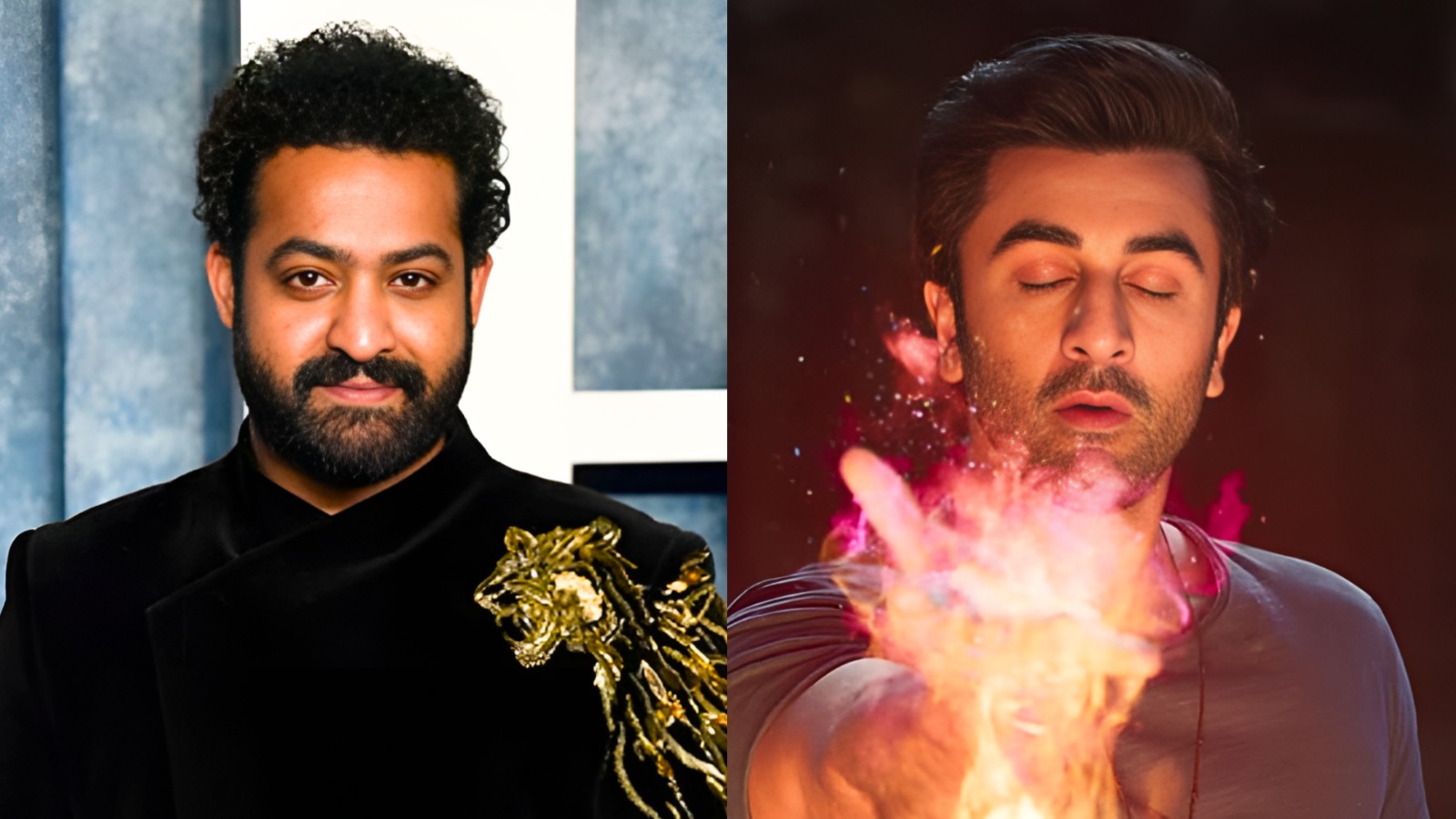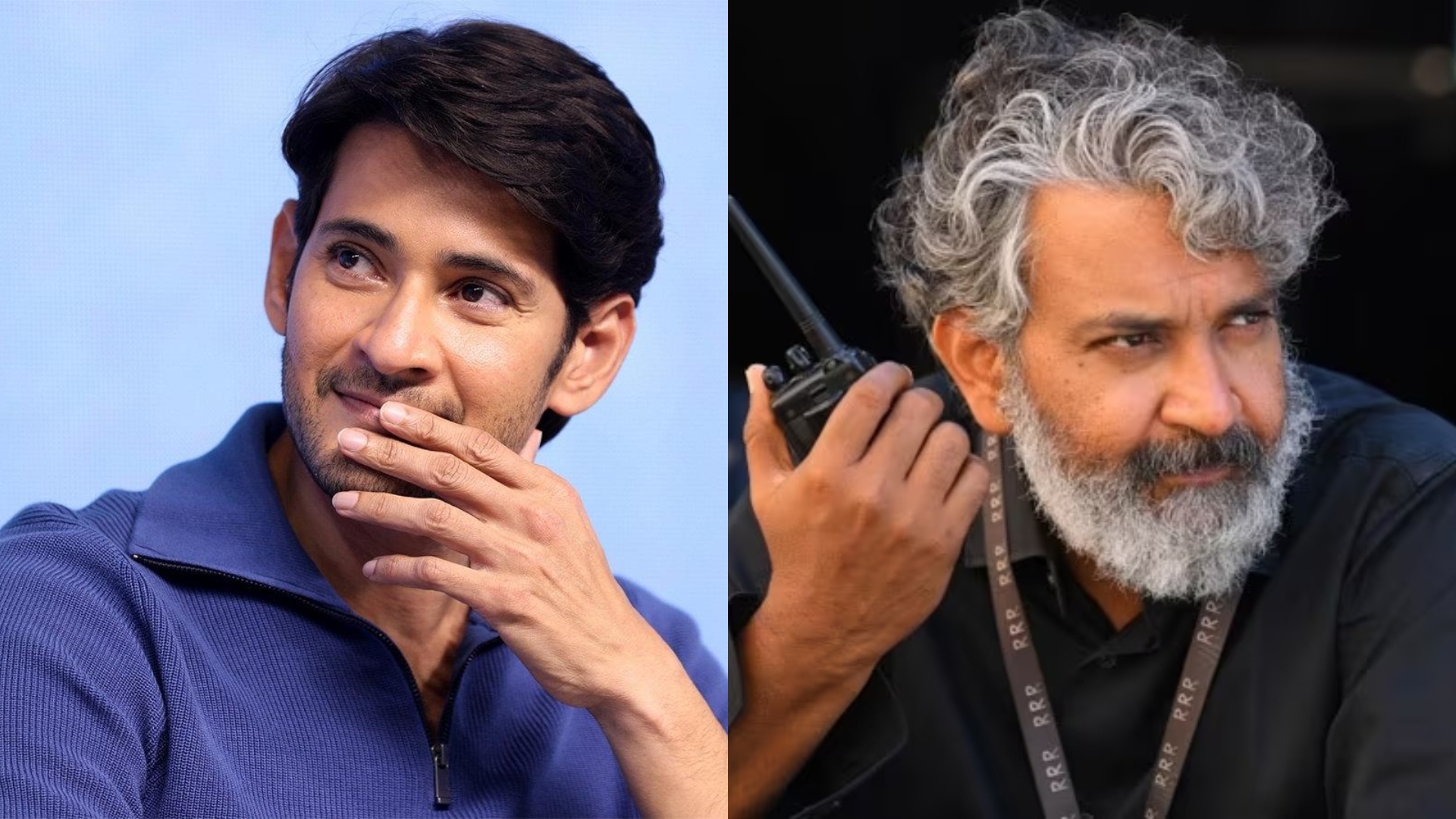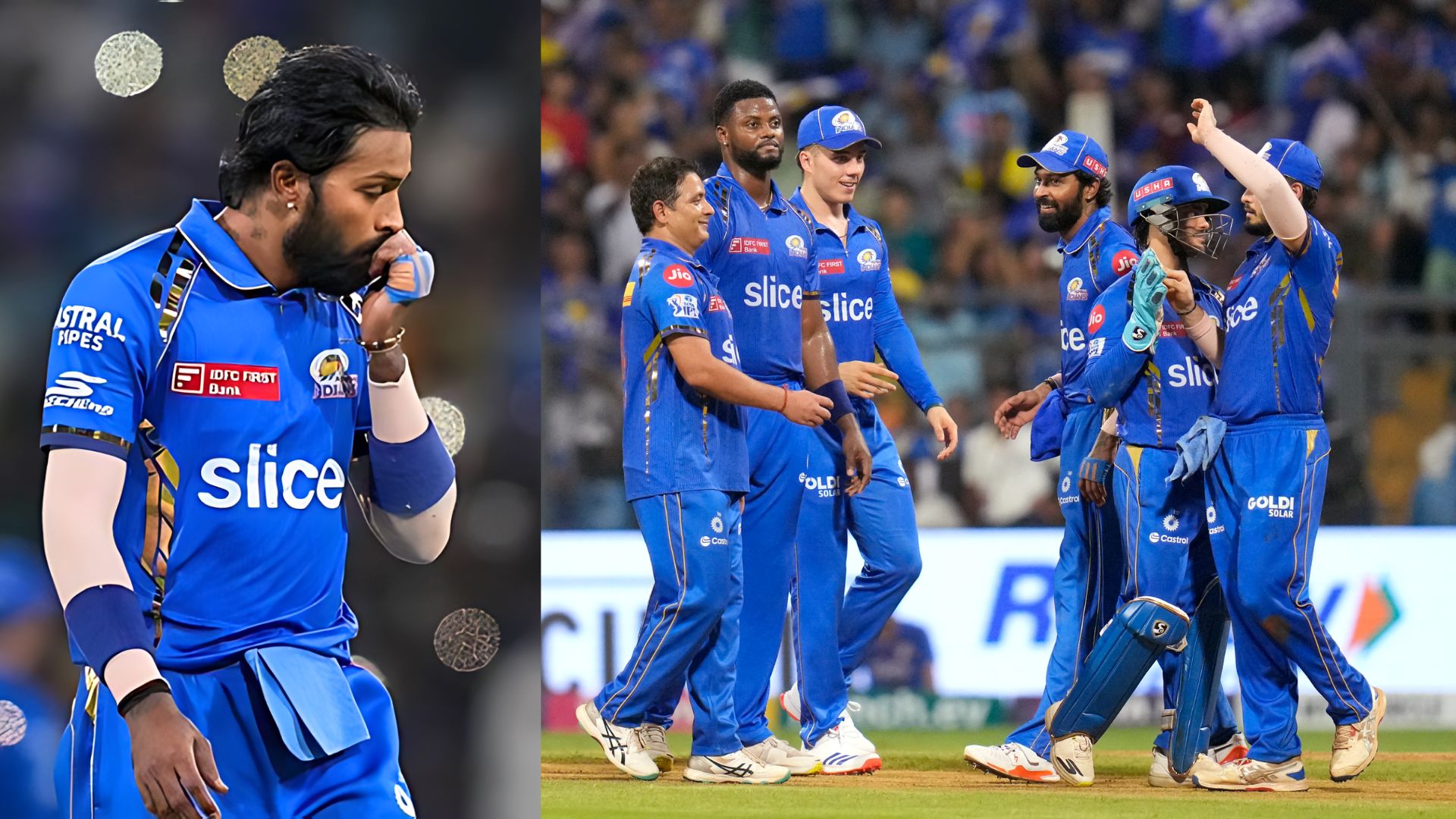










Warner Brothers revealed on Wednesday that Drew Goddard, the screenwriter of The Martian, will both write and direct a new installment in the sci-fi action franchise, The Matrix. This upcoming film marks the first in the cyberpunk series not to be directly helmed by Lana or Lilly Wachowski, though Lana will serve as an executive producer. The new project does not yet have confirmation on the return of franchise stars like Keanu Reeves, Laurence Fishburne, Carrie Anne-Moss, Hugo Weaving, and Jada Pinkett-Smith.
Goddard, known for his Oscar-nominated work on The Martian, boasts an extensive background in science fiction, with credits including TV series like Buffy the Vampire Slayer, Angel, Alias, and Lost. He is also the creator of Marvel’s Daredevil and has served as an executive producer and director on NBC’s The Good Place. Additionally, Goddard pitched the idea for another Matrix film to Warner Bros, following the 2021 release of The Matrix Resurrections, which faced challenges in box office performance partly due to a simultaneous streaming release during the pandemic.
“Drew came to Warner Bros with a new idea that we all believe would be an incredible way to continue the Matrix world, by both honoring what Lana and Lilly began over 25 years ago and offering a unique perspective based on his own love of the series and characters,” said Jesse Ehrman, Warner Bros Motion Pictures president of production, in a statement. “The entire team at Warner Bros Discovery is thrilled for Drew to be making his new Matrix film, adding his vision to the cinematic canon the Wachowskis spent a quarter of a century building here at the studio.”
The original Matrix, featuring Reeves as a computer programmer turned fighter in the cyber underworld, became a significant cultural phenomenon during the early 2000s. Renowned for its groundbreaking visual effects, mind-bending narrative of simulated reality, and intense action sequences, the film grossed $467 million worldwide. It catapulted Reeves into stardom and earned four Oscars, including best visual effects, best editing, best sound, and best sound editing.
However, subsequent installments didn’t quite match the success of the original. The Matrix Reloaded and The Matrix Revolutions, released consecutively in 2003, received mixed reviews and varied audience interest.
Similarly, The Matrix Resurrections faced criticism, with some reviewers, like Peter Bradshaw from The Guardian, describing it as “a heavy-footed reboot which doesn’t offer a compelling reason for its existence other than to gouge a fourth income stream from Matrix fans.” It seemed to signal the end of the franchise until Goddard’s involvement breathed new life into it.
“It is not hyperbole to say The Matrix films changed both cinema and my life,” said Goddard in a statement. “Lana and Lilly’s exquisite artistry inspires me on a daily basis, and I am beyond grateful for the chance to tell stories in their world.”









